In 2024, Japan recorded M&A deals worth more than $230 billion. This activity is expected to continue to be vibrant in 2025.
Specifically, in 2024, M&A activities increased by 44% compared to the same period last year and reached more than 230 billion USD, marking the highest growth rate since 2018. This vibrant trend of M&A activities is driven by a fundamental change in the strategy of Japanese enterprises, thanks to abundant cash reserves, many companies with good business results but undervalued, pressure from investors fighting for shareholder rights, as well as from global competitors.
Notable deals include: The $57 billion privatization of Seven & i Holdings Co. (parent of the 7-Eleven convenience store chain) to counter a takeover bid from Alimentation Couche-Tard Inc. (owner of the Circle K chain), or discussions between Honda and Nissan Motor Co. to create the world's third-largest automaker.
 |
| Companies in Japan are becoming more proactive in the face of interest from global competitors and investors - Source: Bloomberg |
Hedge funds such as Elliott Investment Management and ValueAct Capital Partners are playing a key role in this shift. They are increasing their activity in Japan, targeting undervalued companies with strong business results. These funds are receiving support from Japan’s Ministry of Economy, Trade and Industry, while organizations such as the Tokyo Stock Exchange are also pushing for improved shareholder returns.
According to Bloomberg, Japan recorded nearly 150 campaigns by activist investors in 2024, up 50% from 2023. This pressure is forcing companies to consider going private or merging with domestic competitors, said Kenichi Sekiguchi, a partner at law firm Mori Hamada. He predicted several significant deals in the first half of 2025, with values ranging from hundreds of millions to billions of dollars.
Privatization is becoming an increasingly attractive option compared to becoming a subsidiary of a rival, said Tetsuro Onitsuka, a partner at investment firm EQT AB. He said that while Japan may not yet have a vibrant market like the U.S., these changes in perception are creating more opportunities and options for businesses.
Meanwhile, despite challenges such as a weak yen, Japanese companies have been active in overseas acquisitions, largely due to their high cash reserves - partly due to divestments of strategic equity investments.
Ken LeBrun, a partner at law firm Davis Polk & Wardwell, predicts a slew of multibillion-dollar deals in the coming year. For many Japanese companies, to achieve significant business impact, they have to make large-scale deals.
Source: https://congthuong.vn/nhat-ban-bung-no-hoat-dong-ma-368983.html






![[Photo] Visiting Cu Chi Tunnels - a heroic underground feat](https://vstatic.vietnam.vn/vietnam/resource/IMAGE/2025/4/8/06cb489403514b878768dd7262daba0b)

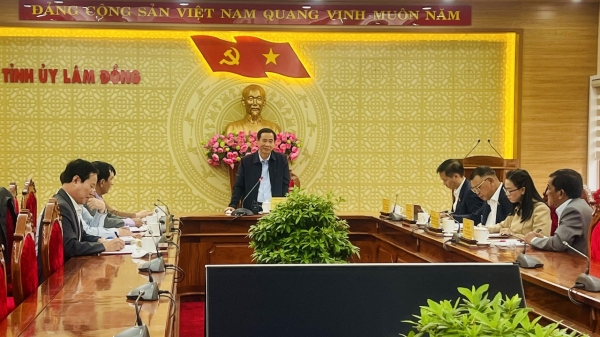









![[Infographic] Cu Chi Tunnels - Underground Village](https://vstatic.vietnam.vn/vietnam/resource/IMAGE/2025/4/8/d69d9caa3f89479c809867b18bacfefb)





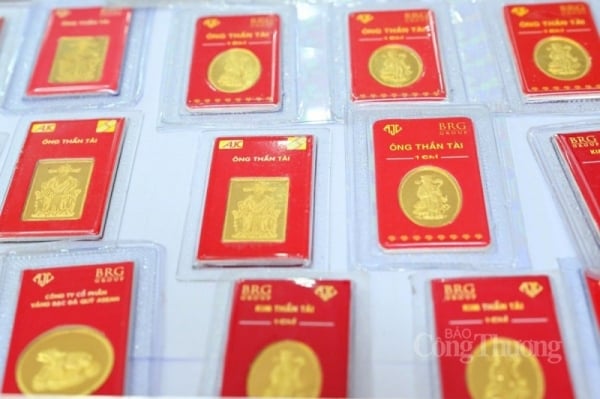



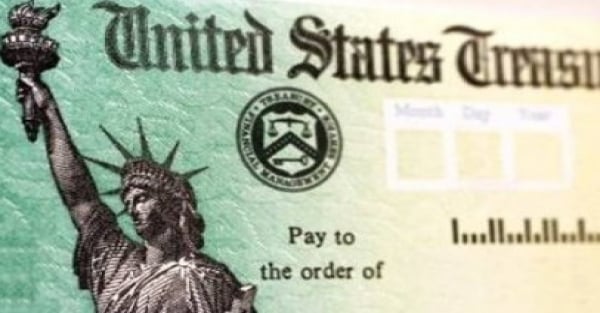











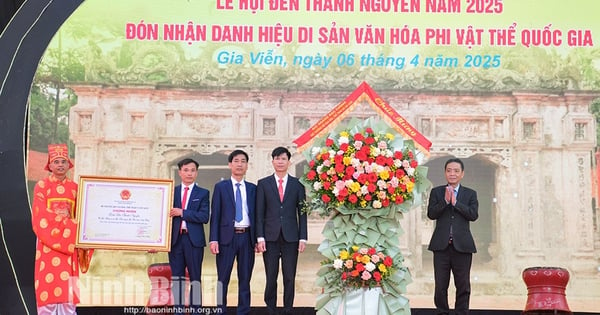




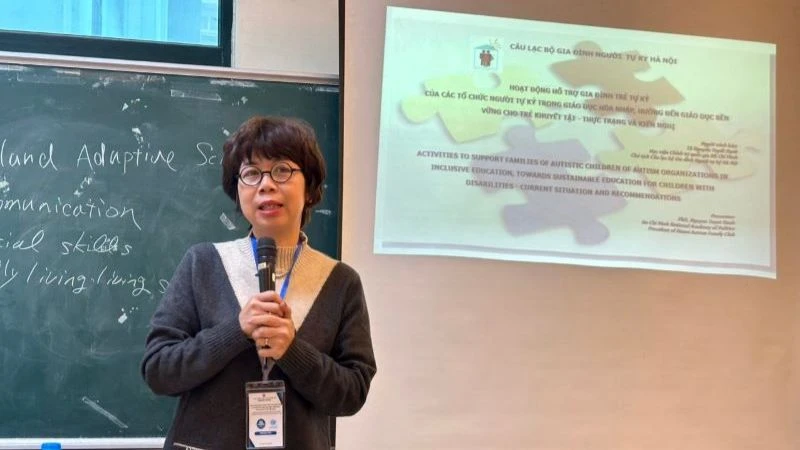


























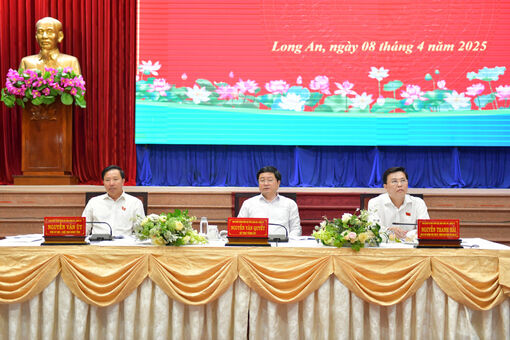


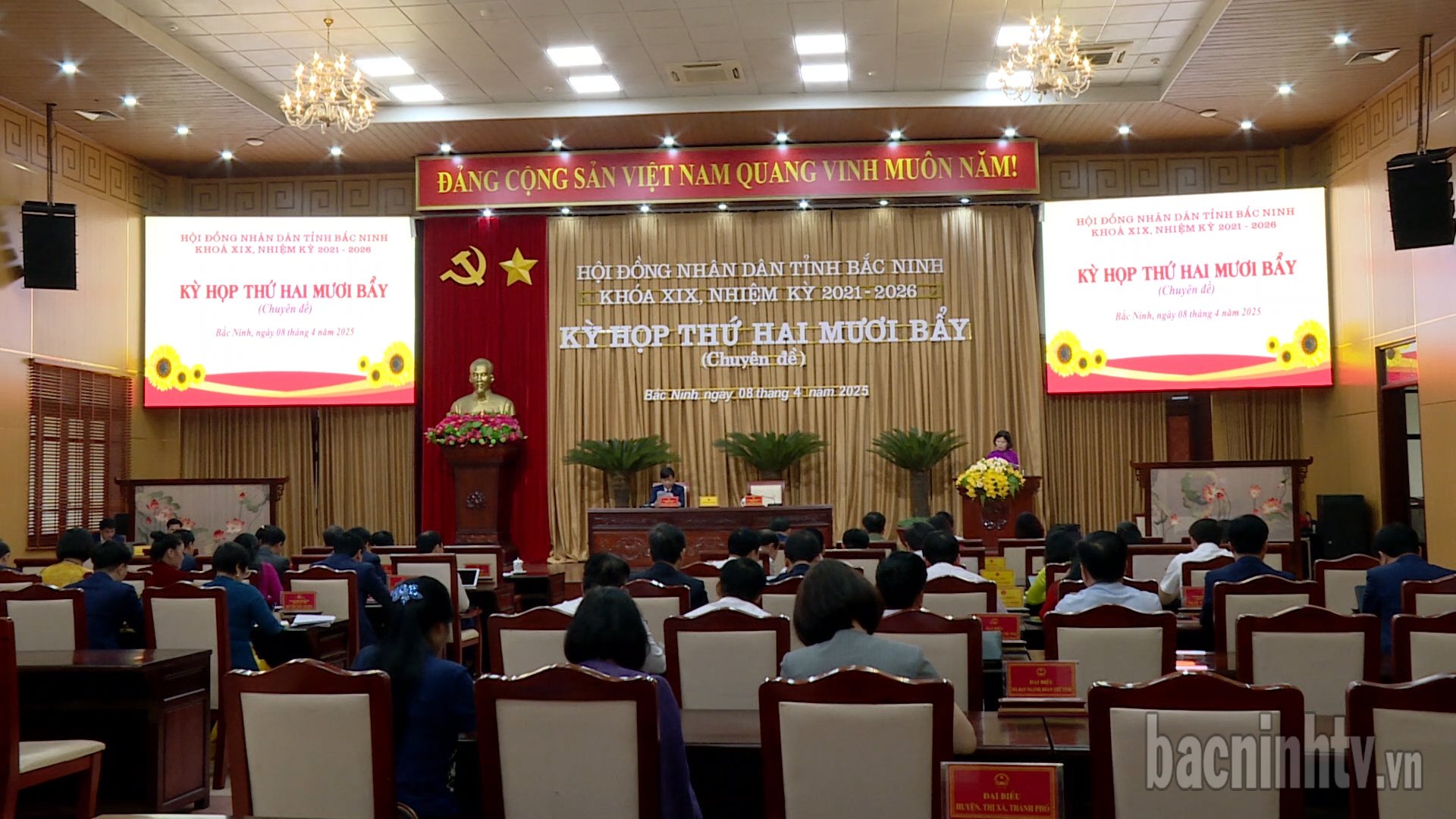












Comment (0)